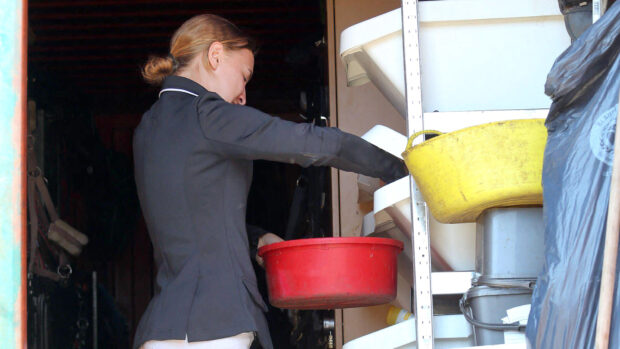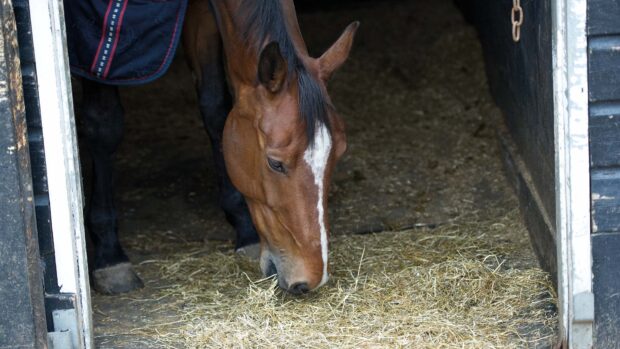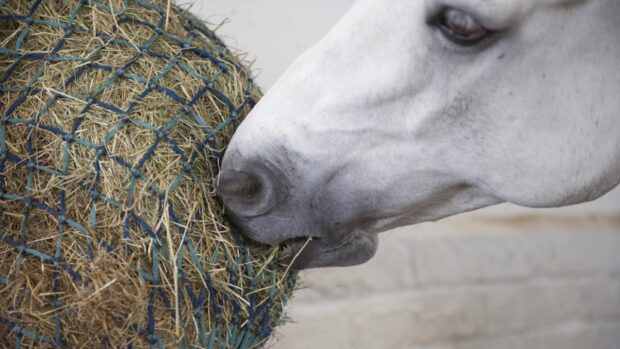In a recent survey of sport horse breeders, temperament was rated overall the most important factor when buying a young horse.
While a horse’s temperament is its own, its behaviour can be affected by diet. This is not a new concept — the effect of diet in humans is well documented, and the “heating” effect of oats and ingredients such as beans has been noted in horses for centuries.
In the UK, feeds marketed as “non-heating” are described as “those less likely to produce excitable behaviour in horses and ponies when fed at the manufacturer’s recommended rate”.
However, the large variation between horses means that we cannot predict one universal effect of feed on the horse. For some, a change in diet composition will have little or no effect on behaviour at all, often to the frustration of riders looking for some sparkle.
In some horses, though, behaviour is affected by diet, and a developing body of scientific evidence now demonstrates this more objectively.
Changing the source of energy in the diet by increasing the fibre and oil supply, accompanied by a drop in starch, has been shown to have a positive effect on behaviour in all ages of horse.
Researchers have recently found that a move away from starch into fibre and oil had a significant effect on the behaviour of young horses in terms of how relaxed and co-operative they are, and by reducing the onset of abnormal behaviour such as crib-biting.
High protein is often blamed for the unmanageable horse. Although protein itself isn’t directly heating, it is often a metaphor for the energy content of the feed because higher-energy feeds, such as competition, racing and breeding mixes, tend to contain more protein.
Top tips for good behaviour
- Overfeeding can make a horse excitable, while prolonged excess energy puts weight on. Excess weight can make a horse sluggish
- The high glycaemic effect of starch meals and digestive discomfort from starch overflow into the hindgut can cause excitable or fractious behaviour
- Low-fibre diets can cause physical discomfort through gastric ulcers or altered hindgut function
|
||
 |
||


 Get up to 19 issues FREE
Get up to 19 issues FREE TO SUBSCRIBE
TO SUBSCRIBE 


